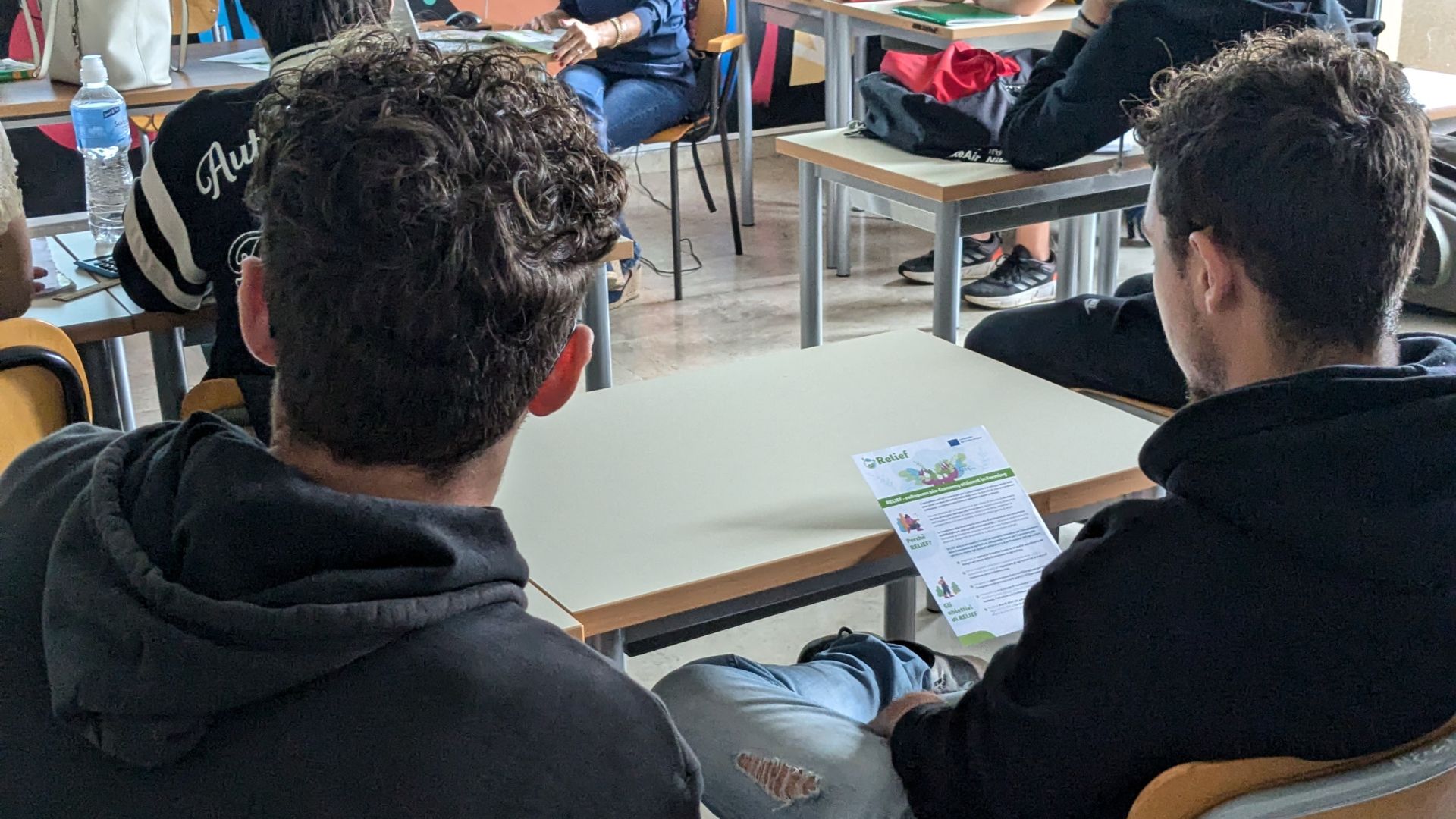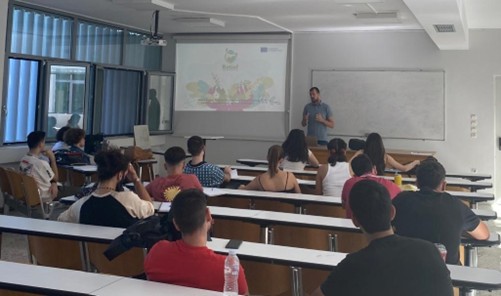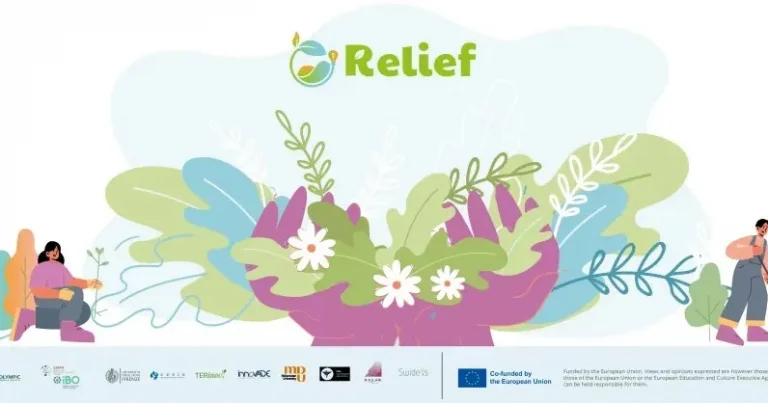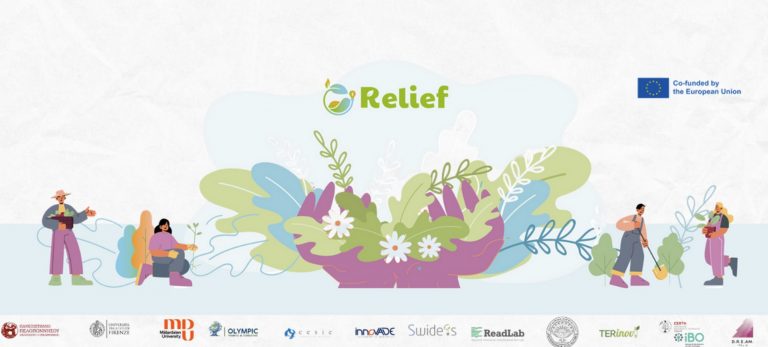Investing in the training of new generations is essential for the transition towards sustainable agriculture. The European Commission, through the European Skills Agenda, has recognized the importance of developing the right skills to tackle challenges related to the green economy, bioeconomy, and agricultural innovation. Ensuring that the workforce is adequately trained and continuously updated is key to meeting the demands of a rapidly evolving market. In this context, education policies must aim to create a lifelong learning environment capable of addressing sustainability, innovation, and resilience needs in the agricultural sector, as stated in two RELIEF policy briefs.
Aligned with this vision, RELIEF has tested innovative training paths in various local contexts, with the goal of adapting skills to territorial specificities and emerging needs in the agri-food sector. After months of preparation, needs analysis, and development of training materials, the RELIEF pilot training in Italy came to life, turning theoretical planning into concrete action in the field. This initiative involved multiple stakeholders, each with a specific approach and territorial focus. In the framework of Vocational Education and Training (VET), CESIE ETS implemented the pilot in Sicily, while D.R.E.Am Italia coordinated activities in Tuscany. In higher education, the University of Florence engaged its students along with a group of international learners.
The training experience of RELIEF for bioeconomy in agriculture: How did it go in Italy? – CESIE ETS




